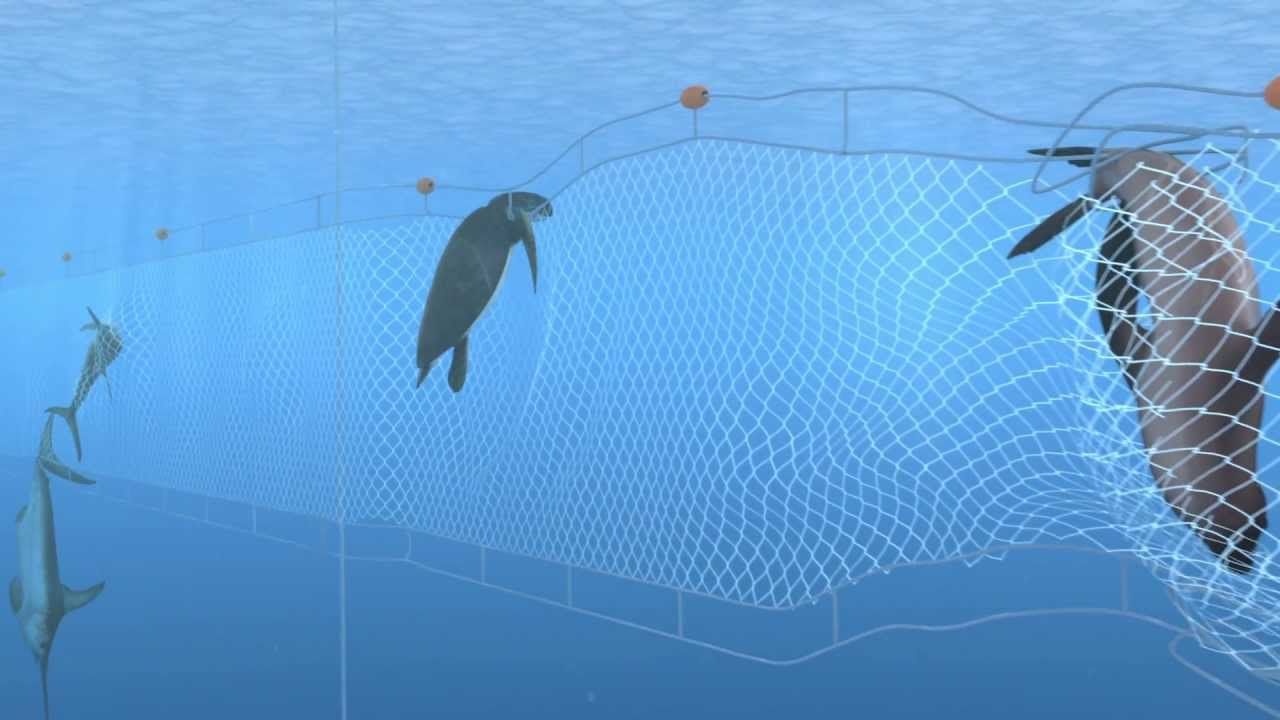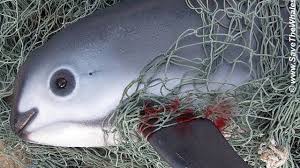Bycatch; The Biggest Threat to Critically Endangered Small Cetaceans!
New research has shown that by-catch in gillnet fishing gear is the greatest threat in the decline of critically endangered cetacean species and if we do not act now, and without delay to create conservation zones where the use of gillnets is banned with strict enforcement and alternative less destructive fishing gear is provided to affected communities we will loose many species forever.
A new study published recently in Endangered Species Research has shown that entanglement in gillnet fishing gear is the biggest threat to small cetaceans (whales, dolphins and porpoises). The conservation status of small cetaceans has become a global concern since the Baji river dolphin ( Lipotes vexillifer ) was first recognised as Critically Endangered (CE) on the IUCN Red List in the 1980's. Now the Baji is extinct (Turvey et al ., 2007) and illegal gillnetting is driving the impending extinction of the Vaquita porpoise ( Phocoena sinus ), - currently the world's most endangered marine mammal.
Of the 13 critically endangered species of small cetaceans, accidental entanglement or by catch is the biggest threat to 11 of them and 8 of these species have populations of fewer than 100 individuals and thus, require immediate action with regard to the enforcement of banning gillnet fishing.
The Vaquita:
Endemic to the upper Gulf of California, Mexico, the vaquita porpoise is not only the smallest cetacean but also has the smallest range of any cetacean species. The species was first described in 1958. however was likely already declining due to bycatch in gillnets set for totoaba ( Totoaba macdonaldi ), a fish which is now also critically endangered.
SHARE THIS ARTICLE















